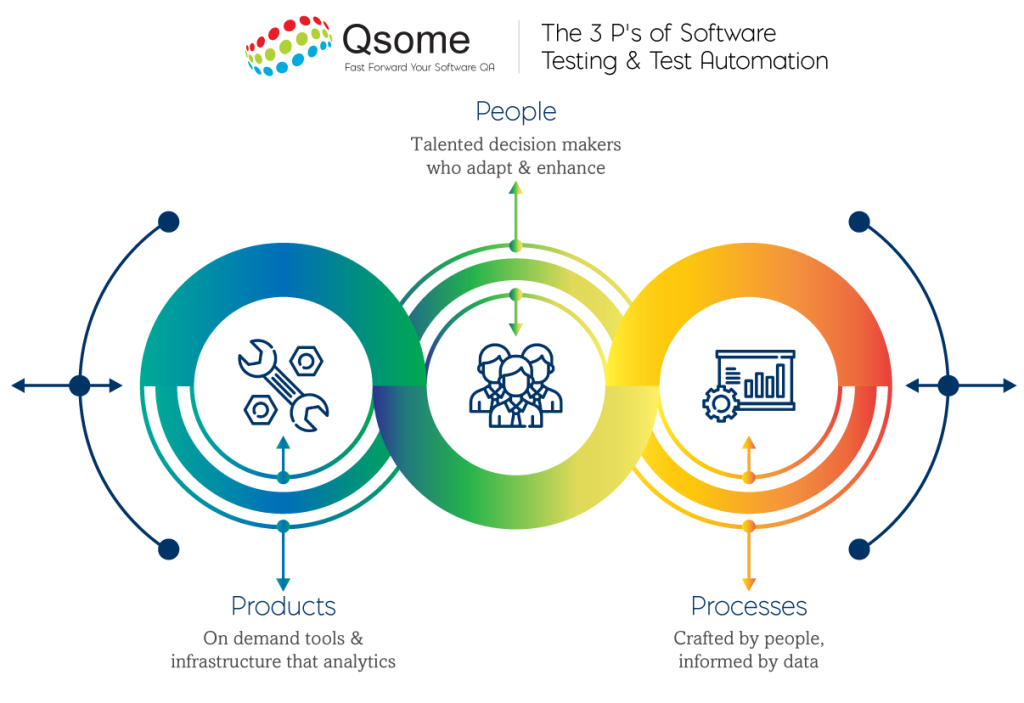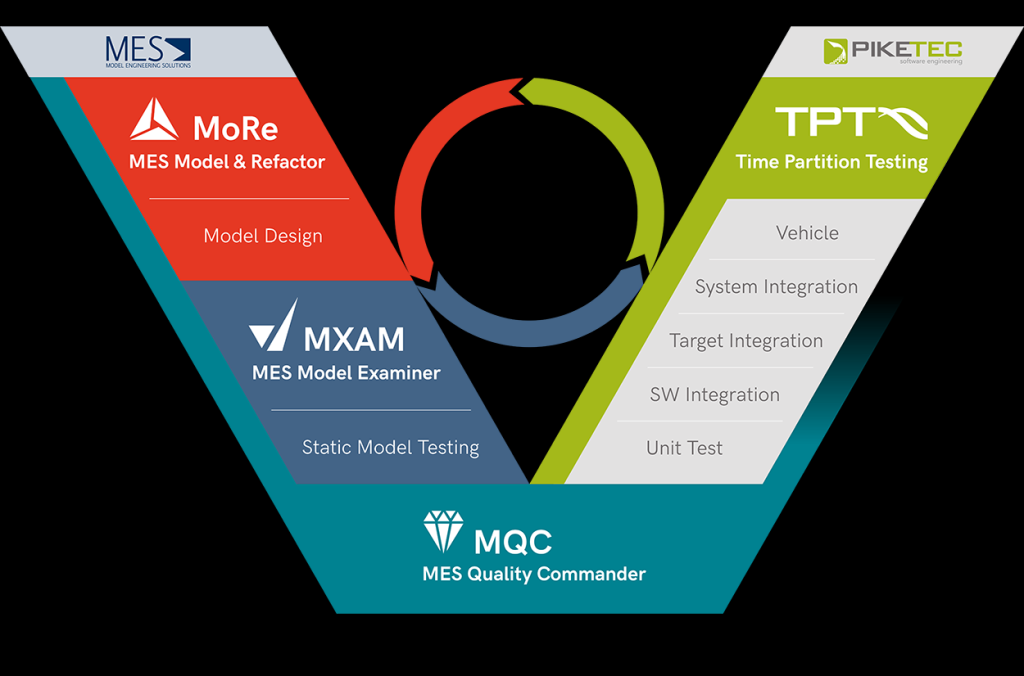Powerful Software-Based Tools: Unlocking Efficiency With A Click
Software Based Tools: Revolutionizing the Way We Work
Introduction
Greetings, Readers! In this modern era, technology has become an integral part of our lives. From smartphones to smart homes, it seems like there’s a software-based tool for everything. These tools have revolutionized the way we work, making tasks more efficient and convenient. In this article, we will explore the world of software-based tools, their benefits, and how they have impacted various industries.
3 Picture Gallery: Powerful Software-Based Tools: Unlocking Efficiency With A Click



What Are Software Based Tools?
Software based tools refer to applications or programs that aid in performing specific tasks or functions. They are designed to streamline processes, automate repetitive tasks, and enhance productivity. These tools can range from simple apps for personal use to complex software utilized by businesses across various sectors.
Who Uses Software Based Tools?

Image Source: blogspot.com
Software based tools are used by individuals, professionals, and organizations of all sizes. Whether you’re a student, a freelancer, or a CEO, there’s a software-based tool out there to meet your needs. Students can utilize educational apps for learning, while businesses can leverage project management software to streamline operations. The versatility of these tools makes them accessible to everyone.
When Should You Use Software Based Tools?
Software-based tools can be used in various scenarios and at different stages of a project. They can help you at the planning stage, during execution, and even in the post-project analysis. Whether you need to manage your time, collaborate with team members, or analyze data, software-based tools can be your go-to solution. The right tool can save you time, effort, and resources, allowing you to focus on what truly matters.
Where Can You Find Software Based Tools?
You can find software-based tools on various platforms, such as app stores, websites, and online marketplaces. Many tools offer both free and paid versions, catering to different budgets and requirements. Some popular platforms for software-based tools include Google Play Store, Apple App Store, and websites like GitHub and SourceForge. It’s essential to explore different options and read reviews to find the best tool for your specific needs.
Why Are Software Based Tools Beneficial?

Image Source: b-cdn.net
Software-based tools offer numerous benefits that enhance efficiency and productivity. Firstly, they automate repetitive tasks, saving time and reducing human error. Secondly, these tools improve collaboration by providing real-time communication and file sharing capabilities. Additionally, they provide data analysis and insights, helping businesses make informed decisions. Overall, software-based tools simplify processes, improve workflow, and boost productivity.
How Do Software Based Tools Enhance Workflow?
Software-based tools enhance workflow by providing a centralized platform for communication, task management, and data sharing. They eliminate the need for manual coordination, reducing delays and miscommunication. These tools also offer features like notifications, reminders, and progress tracking, ensuring that projects stay on track. Moreover, they enable remote work and collaboration, allowing teams to work together seamlessly, regardless of their physical location.
Advantages and Disadvantages of Software Based Tools
Advantages

Image Source: model-engineers.com
1. Increased productivity: Software-based tools automate tasks, allowing users to accomplish more in less time.
2. Improved collaboration: These tools facilitate real-time communication and file sharing, enhancing collaboration among team members.
3. Enhanced accuracy: Automation reduces human error, leading to more accurate results.
4. Centralized data storage: Software-based tools provide a centralized platform for data storage and retrieval.
5. Cost-effective: Many software-based tools offer free or affordable versions, making them cost-effective for individuals and small businesses.
Disadvantages
1. Learning curve: Some software-based tools may have a steep learning curve, requiring time and effort to master.
2. Technical issues: Software glitches or compatibility problems can hinder the smooth functioning of these tools.
3. Security risks: Storing data on software-based tools may pose security risks, such as data breaches or unauthorized access.
4. Dependency on technology: Relying heavily on software-based tools can lead to dependency on technology, making it challenging to switch to alternative methods.
5. Lack of customization: Certain tools may not offer the flexibility to customize features according to specific requirements.
Frequently Asked Questions (FAQs)
1. Are software-based tools suitable for all industries?
Yes, software-based tools can be beneficial for various industries, including healthcare, education, marketing, and finance. These tools offer industry-specific features that cater to the unique needs of different sectors.
2. Can software-based tools be used on mobile devices?
Absolutely! Many software-based tools have mobile applications, allowing users to access and utilize them on their smartphones or tablets. This enhances flexibility and ensures that users can work on the go.
3. Are software-based tools expensive?
Not necessarily. While some tools may require a subscription or have premium features, many offer free versions or affordable pricing plans. It’s crucial to explore different options and select a tool that fits your budget and requirements.
4. How can I ensure the security of my data in software-based tools?
To ensure data security, choose reputable software-based tools that prioritize user privacy and offer robust security measures. Additionally, follow best practices such as using strong passwords, encrypting sensitive data, and regularly updating your software.
5. Can software-based tools replace human workers?
No, software-based tools are designed to assist and enhance human work, not replace it entirely. While these tools automate tasks and streamline processes, human creativity, critical thinking, and decision-making are still essential for optimal results.
Conclusion
In conclusion, software-based tools have revolutionized the way we work, offering efficiency, convenience, and enhanced productivity. These tools can be utilized by individuals, professionals, and organizations across various industries. Although they come with advantages and disadvantages, the benefits of using software-based tools outweigh the drawbacks for most users. So, embrace these tools, explore their possibilities, and unlock your true potential!
Final Remarks
Friends, as technology continues to advance, we can expect software-based tools to become even more prevalent in our lives. It’s important to adapt and stay informed about the latest tools and trends. However, always remember to strike a balance between utilizing these tools and relying on human ingenuity. Let us embrace this digital age while preserving the unique qualities that make us human.
This post topic: Software Tutorials

